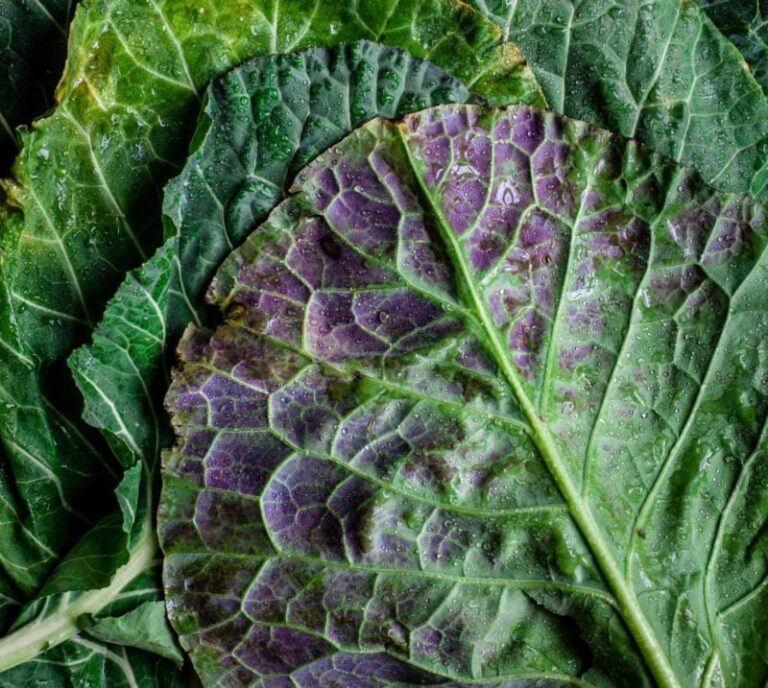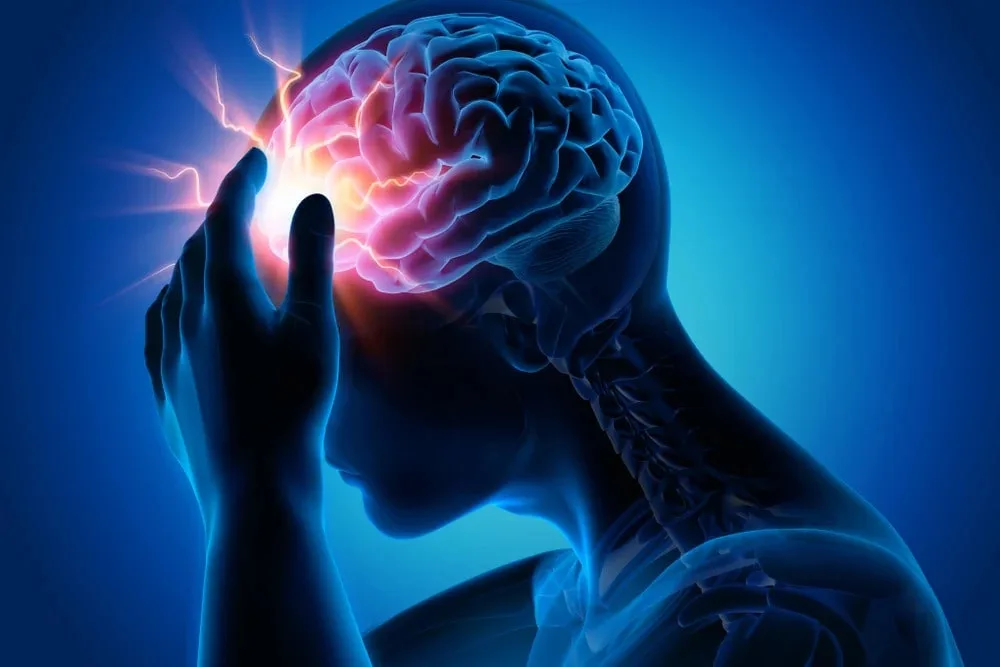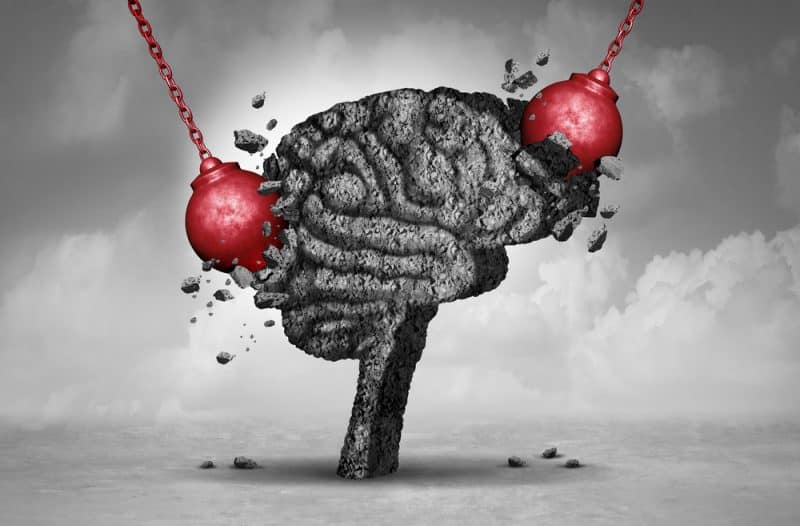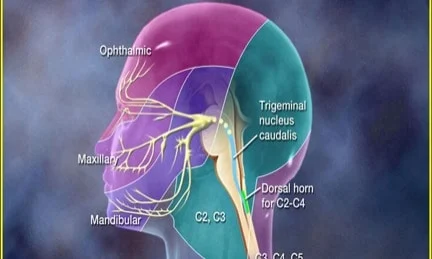According to Statistics Canada, there are nearly half a million Canadians living with dementia and Alzheimer’s disease today, plus about 25,000 new cases are diagnosed every year. Although there is currently no cure for dementia, research shows that there are a number of preventable risk factors associated with developing this disease.
These include having an unhealthy diet and several other lifestyle factors, such as lack of exercise. Interestingly, the latest scientific findings also show that there are potential benefits of eating specific foods and nutrients for brain health. Likewise, recent studies have also identified a number of “junk” foods that could be harmful to brain structure and function. Let us take a closer look at some of the best and worst foods for brain health.
Which foods are good for brain health?
According to research studies, certain foods have neuroprotective qualities. These foods contain nutrients that support brain structure and function, and can even help your brain stay sharp well into old age.
The list of “brain superfoods” includes the following:
- Berries:
Antioxidants are substances that scavenge free radicals from the body’s cells and protect them from damage caused by oxidation. Certain berries and fruits are high in natural antioxidants such as flavonoids, and vitamin C, and these include blueberries and red berries such as raspberries and strawberries. Scientific studies have shown that these molecules can help to protect the brain from degenerative age-related processes. - Leafy green vegetables:
Leafy green vegetables, such as kale and collard greens are great sources of B vitamins and folate. These micronutrients are essential for nervous system function and brain health. One recent scientific study showed that taking a supplement of vitamins B6, B12 and folate can boost memory performance. Other research shows that vitamin B12 can improve cognitive function.
- Nuts and seeds

Omega-6 and omega-3 fatty acids are essential for many processes throughout the body and the brain. These fatty acids are important structural components of brain cells, and regulate inflammation in both the body and the brain. Foods rich in omega-6 fatty acids include eggs and seeds.
Which foods are bad for brain health?
In contrast to the beneficial brain foods discussed above, there are also some types of foods that have negative effects for brain structure and function. Research studies have shown that consuming these foods on a regular basis can impact our memory, mood and even increase our risk of dementia.
These foods include the following:
Alcohol
Excessive consumption of alcohol can have serious negative consequences for both the brain and other organs. Alcohol is toxic for brain cells and can result in cell death or damage to connections between brain cells, also called synapses. Moreover, these negative effects of alcohol can interfere with learning and memory processes. Research also shows chronic alcohol use can reduce brain volume and alter the communication of brain cells with each other.
Foods containing trans fats
Trans fats are unsaturated fats produced from vegetable oils, and despite being banned, can still be found in many highly-processed baked or fried foods. Medical research shows that consuming large amounts of trans fats increases the risk of cognitive decline with old age, as well as the risk of Alzheimer’s disease. Moreover, people who consume trans fats on a regular basis have poorer memory and lower brain volume compared to other individuals.
Highly-processed foods
Processed foods are packaged foods with added ingredients such as oil, sugar or salt. Although they are convenient and can be delicious, many highly processed foods are bad for brain health, as well as overall health. New studies show that regularly consuming processed foods can cause a decrease in brain volume and even decrease brain function, as well as the processes of learning and memory.
Conclusion:
Although there is no single magic food or pill to prevent cognitive decline as we age, no single nutrient can guarantee a sharp a brain for life. However, eating a healthy diet containing “brain superfoods” and avoiding foods that have a negative impact on brain health can support both daily and long-term optimal brain function.
Moreover, medical research shows that the foods which are good for the brain also protect your heart and blood vessels, keeping both the body and the brain healthy throughout all stages of life.


















